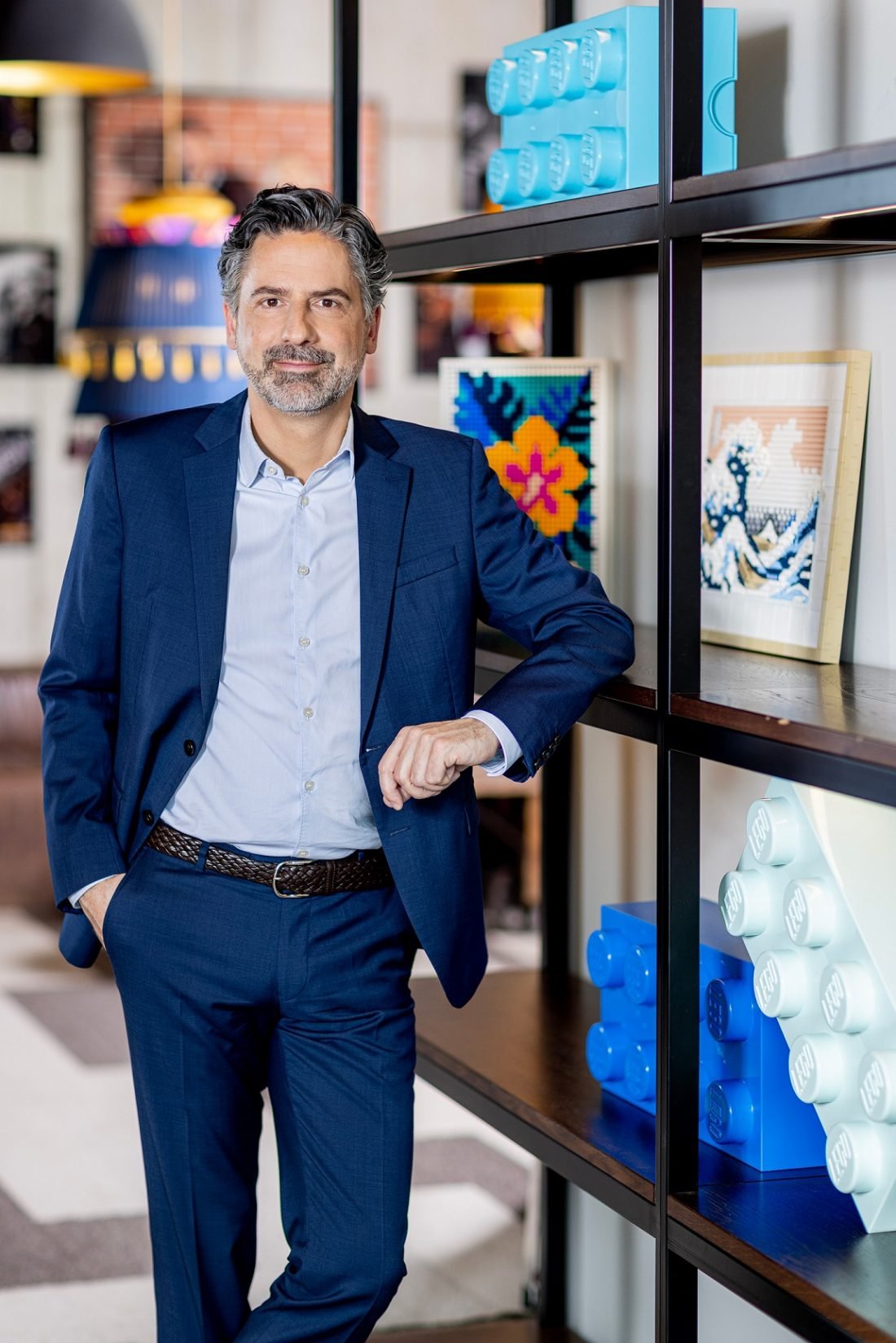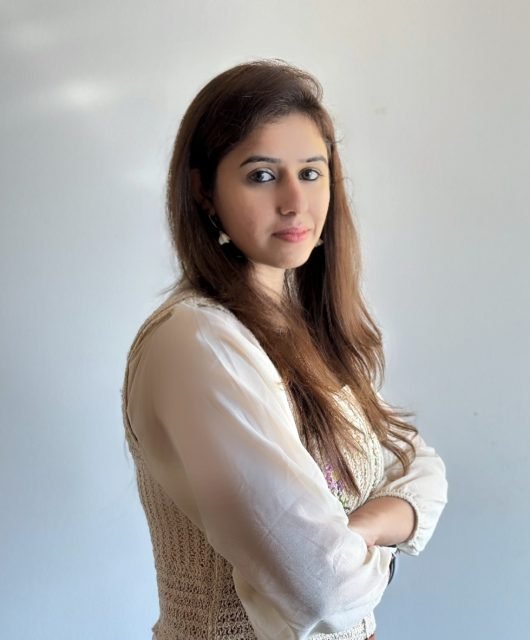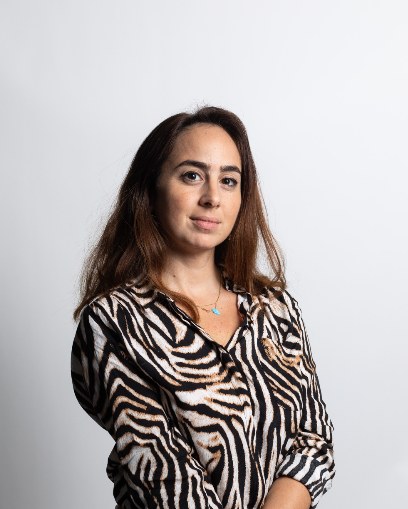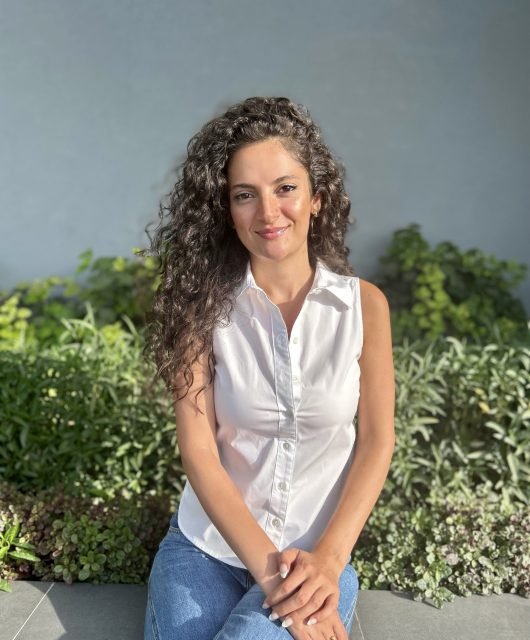It’s Time To Unleash The Superpowers Of Play
By: Kristian Imhof, General Manager, LEGO® Middle East & Africa

The latest studies show that our children aren’t getting enough opportunity to play – with potentially damaging results later in life
Who doesn’t remember the joy they had playing as a child? The weekends lost in fairy tale adventures. The playground games of tag and hide-and-seek. The epic board games during the school holidays.
Little did we know just how much we would benefit from play in later life. We were just, well, having fun, weren’t we? But for academics and companies like the LEGO® Group, play is a serious business indeed.
Research shows that play imparts a variety of life-long skills. Through the pretend worlds they devise, children learn to stretch their imagination. This encourages cognitive growth and the ability to solve problems independently.
Frequent play strengthens a child’s emotional well-being, reducing stress while boosting self-esteem, in the same way that going to the gym or socialising with friends helps an adult cope with the pressures of everyday life.
Play improves literacy and language skills. It also aids focus, with research showing that children pay more attention in class after an unstructured play break. Another benefit of play is self-reliance, with solitary play proving just as effective as playing with others.
As the new general manager for the LEGO Group in the Middle East & Africa, it goes without saying that I am a strong believer in the superpowers of play. However, the latest studies indicate that our children aren’t getting enough of it – nowhere near enough, in fact.
On average, children globally spend just 2% of their week, or seven hours, playing, while one in three (32%) play for less than three hours a week. In comparison, the average adult spends 26 hours a week scrolling on their smartphone, an average of 3.5 hours per day.
Here in the Middle East, the hot climate is a natural impediment to outdoor play for half the year, while our demanding work lives are a stubborn barrier to enjoying family time.
According to our 2022 Play Well Study, children in Saudi Arabia and the United Arab Emirates spend just 12-13 hours on average playing each week, while eight in 10 kids in both countries wish they could play more with their parents.
Our global research has also revealed that the majority of parents prefer enrolling their children in achievement-based activities, such as sports or learning a foreign language, over letting them enjoy free play. However, expert opinion is divided on whether this is the best approach, with some arguing that youngsters could be missing out on vital life skills.
At the LEGO Group, we believe that play is just as important as reading one’s child a bedtime story, encouraging them to eat their greens or taking up a hobby.
Interestingly, while the use of digital technology is becoming more widespread, the popularity of traditional games is growing. Construction games are particularly popular in the UAE, with more than nine out of 10 parents interviewed in our Play Well Study agreeing that playing with LEGO® bricks improves the confidence, creativity, problem-solving abilities, and self-reliance of their children.
Raising awareness of the myriad benefits of free play is one of the pillars of our growth strategy at the LEGO Group in the Middle East & Africa, undoubtedly one of the world’s most dynamic markets for the toy industry.
Building a better future will be the responsibility of today’s generation of children and school-leavers, a sobering fact that this year’s UN Climate Change Conference in the UAE, also known as COP28, will underline. The foundational life skills they must learn will not only come from the classroom, the lecture theatre, the office and the factory floor. They will also come from play, tailored for girls as well as boys.
Governments, businesses and communities must all prioritise empowering our youngsters. At the same time, I passionately believe that learning is a lifelong journey. Accordingly, the superpowers of play must be made more accessible to adults as well as children.
Over 90% of parents in our research said that playing with LEGO bricks brought the family closer together. We also know that construction play can have important therapeutic benefits, helping grownups deal with trauma and other mental health issues.
This important insight was one of the reasons why we brought the LEGO Botanical Collection to the region. These adult-focused sets offer a calming and truly satisfying building experience recreating some of nature’s most stunning flowers and plants using LEGO bricks. Meanwhile, the vehicle sets in our latest Make Your Dream Cars Real campaign cater to the creative passions of multiple age groups.
Overlooking the benefits of play, for both children and adults, is a serious issue. As well as bringing our children into work occasionally, isn’t it about time we encouraged our kids to learn more through play? Unlocking the inner child in grownups would be a good idea too.





